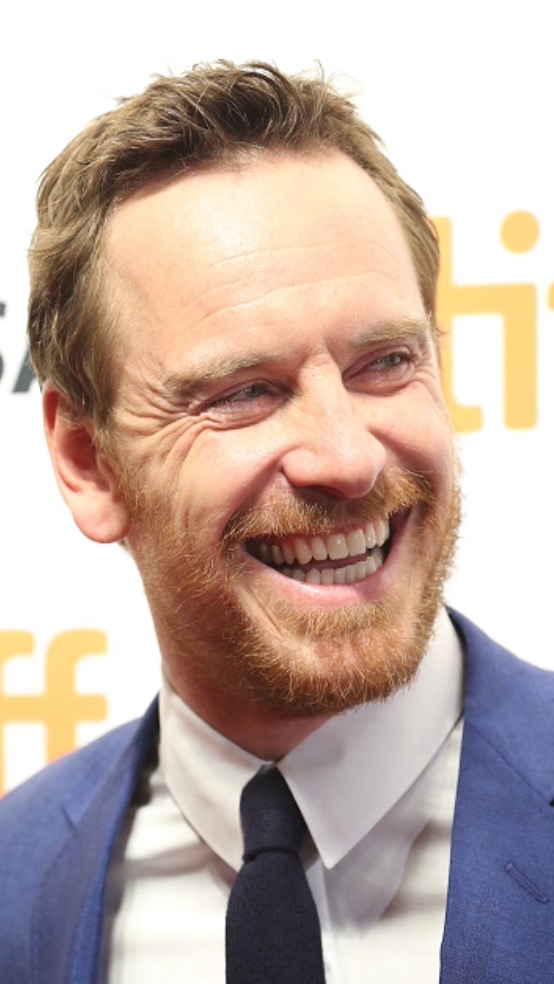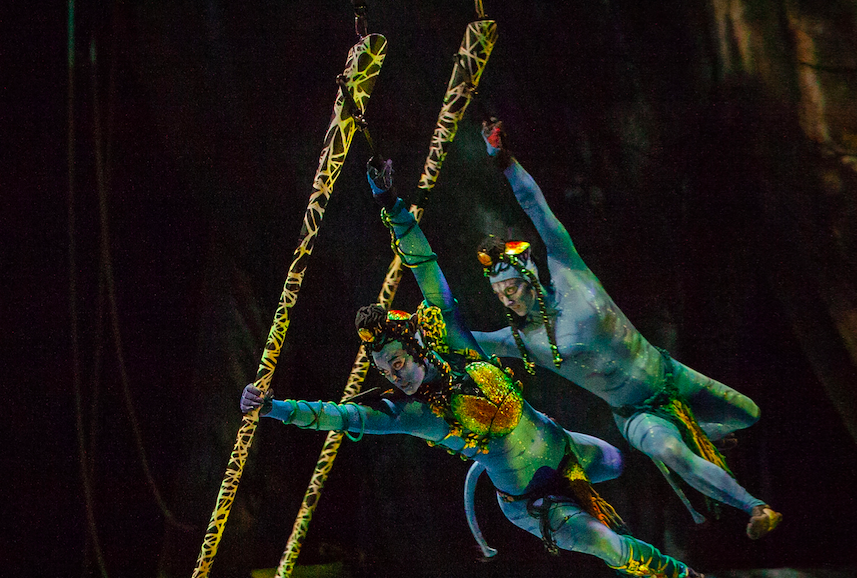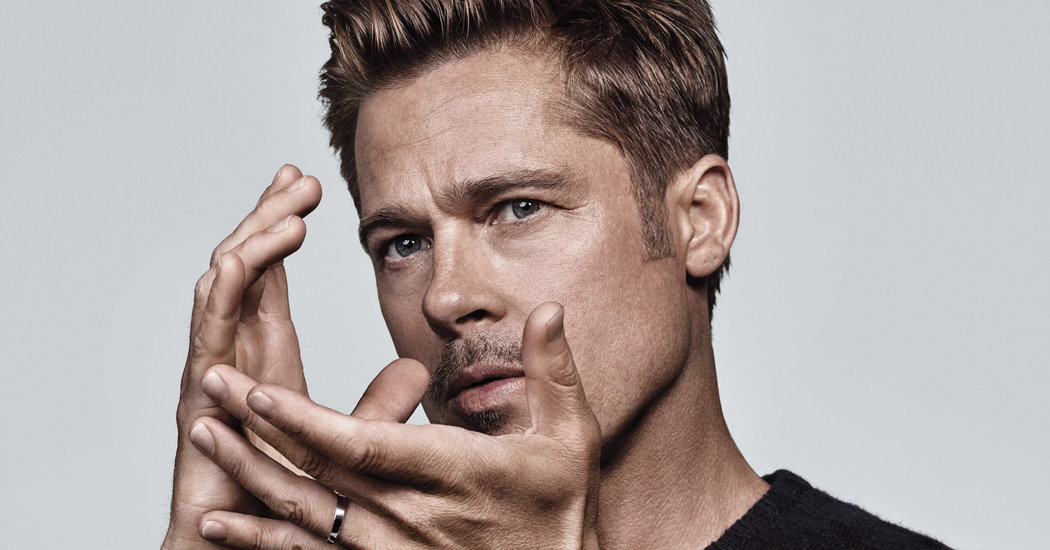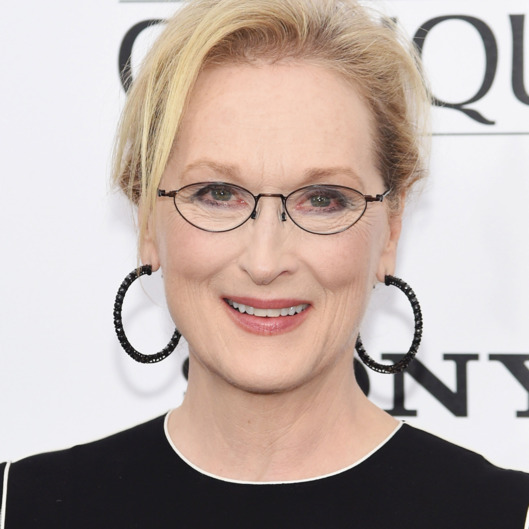Michael Fassbender is embarrassed by his Magneto
 Saturday, September 10, 2016 at 11:00AM
Saturday, September 10, 2016 at 11:00AM 
by Murtada
Michael Fassbender gives good quote. Following a career retrospective tribute at Toronto this week, he was interviewed on stage by TIFF artistic director Cameron Bailey. Fassbender came on candid and ready to tell good stories. Here are excerpts from the conversation as reported by Vulture:
He reportedly cringed while watching a clip from X-Men:Days of Future Past (2014):
"I don’t actually like that performance there, to be honest. I just think it’s me shouting. It’s just like some dude shouting."
He based the android David in Ridley Scott's Prometheus (2012) on David Bowie and Greg Louganis:
"My mom was a fan of Greg Louganis and I just remember watching the Olympics thinking his walk was so funny and mesmerizing, the economy of movement."
He thought he was miscast as Steve Jobs (2015)
"He [Aaron Sorkin]wrote all that stuff! It was so dense! It was such a mountain, and I’m a slow learner, so when the script arrived for me and the opportunity came to play the part, I really thought, This is not me. This should be somebody else. It’s a miscast scenario.”
Co-star Liam Cunningham moved into his place to rehearse their long 23-minute interrogation scene in Hunger (2008)
We got up every morning, cooked porridge, and we started rehearsing. "We did it every day for 11 days. The goal was to do it ten to 15 times a day and then Steve [McQueen] would come in in the evening and watch us, give us some notes, next day same thing.
Fassbender is at TIFF with his latest Trespass Against Us, which is about a conflict within a clan of Irish outlaws. It’s the feature debut of music video director Adam Smith, co-stars Brendan Gleeson and has an original score by The Chemical Brothers.
What is your favorite Fassbender performance? And has he ever made you cringe?







